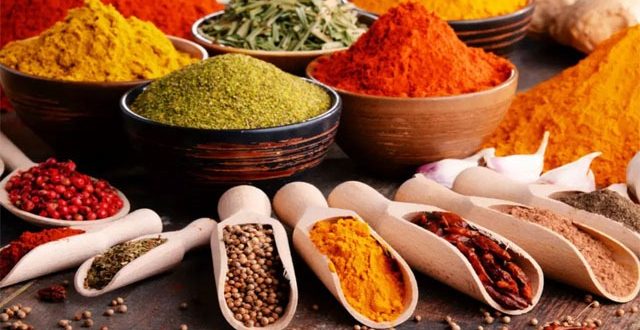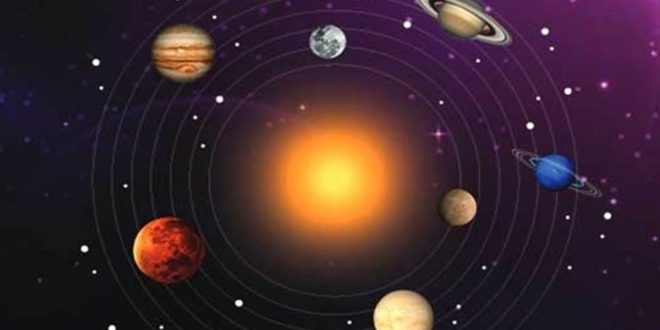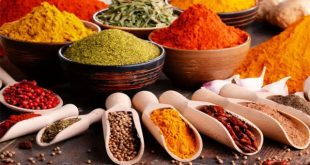It may be said that today’s youth are turning away from traditional professions like farming, ...
Read More »-
Akshay Kumar Kickstarts Shooting for ‘Jolly LLB 3’: Inside the Buzz
Bollywood’s Exciting New Wave Welcome to the latest and most thrilling updates from Bollywood, where ...
Read More » -
The Voice of Generations: Uma Ramanan’s Legacy Lives On
-
Unlock Your Destiny: 5 Powerful Saturday Rituals to Win Shani’s Favor
The Significance of Charity in Hinduism In Hinduism, the act of giving, known as ‘Daan’, ...
Read More » -
Astrology Alert: 5 Zodiac Signs Experiencing Rare Cosmic Blessings Today
-
Unlock Tuesday’s Blessings: 5 Powerful Mangalwar Rituals for Peace and Prosperity
-
Wedding Dreams: Harbingers of Joy or Warnings from the Unconscious?
-
Avoid Shani Dev’s Wrath: The Daily Mistakes You Must Stop Making Now!
-
Rajasthan Royals and the Playoff Ticket: A Closer Look at Today’s Crucial IPL Match
2024 Match Preview: SRH vs RR Welcome cricket fans! Tonight at 7:30 PM, the Rajiv ...
Read More » -
Samson’s Fiery Bat Lights Up IPL 2024: Is He the Top Pick for the T20 World Cup?
-
Lucknow Super Giants’ IPL 2024 Campaign: The Mayank Yadav Fitness Miracle
-
Watch This Young Prodigy Smash Records: 20 Sixes and 6 Fours in Just 25 Balls
-
Shubman Gill’s Fiery Reaction Post-Defeat: Who’s Really at Fault?
-
Spicing Up Exports: How India’s New ETO Testing Mandate Revolutionizes Spice Trade
Ethylene Oxide Test: Mandatory Requirement for Export of Spices and Ready-to-Eat Foods from India ...
Read More » -
Unraveling the Mystery: AstraZeneca Addresses Blood Clot Concerns in 10 Key Points
-
Exploding Myths: Unpacking Owaisi’s Claims on Condom Use Among Muslims with Government Data
-
Lok Sabha 2024: A Tale of Raja and Nawab in Modern Indian Politics
-
Supreme Court Ruling Unveiled: What Exactly is ‘Stridhan’ and How Much Can a Husband Claim?
 Suspense Crime Sach Ka Dam
Suspense Crime Sach Ka Dam























